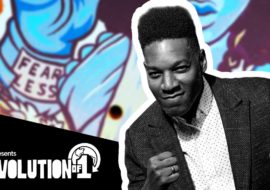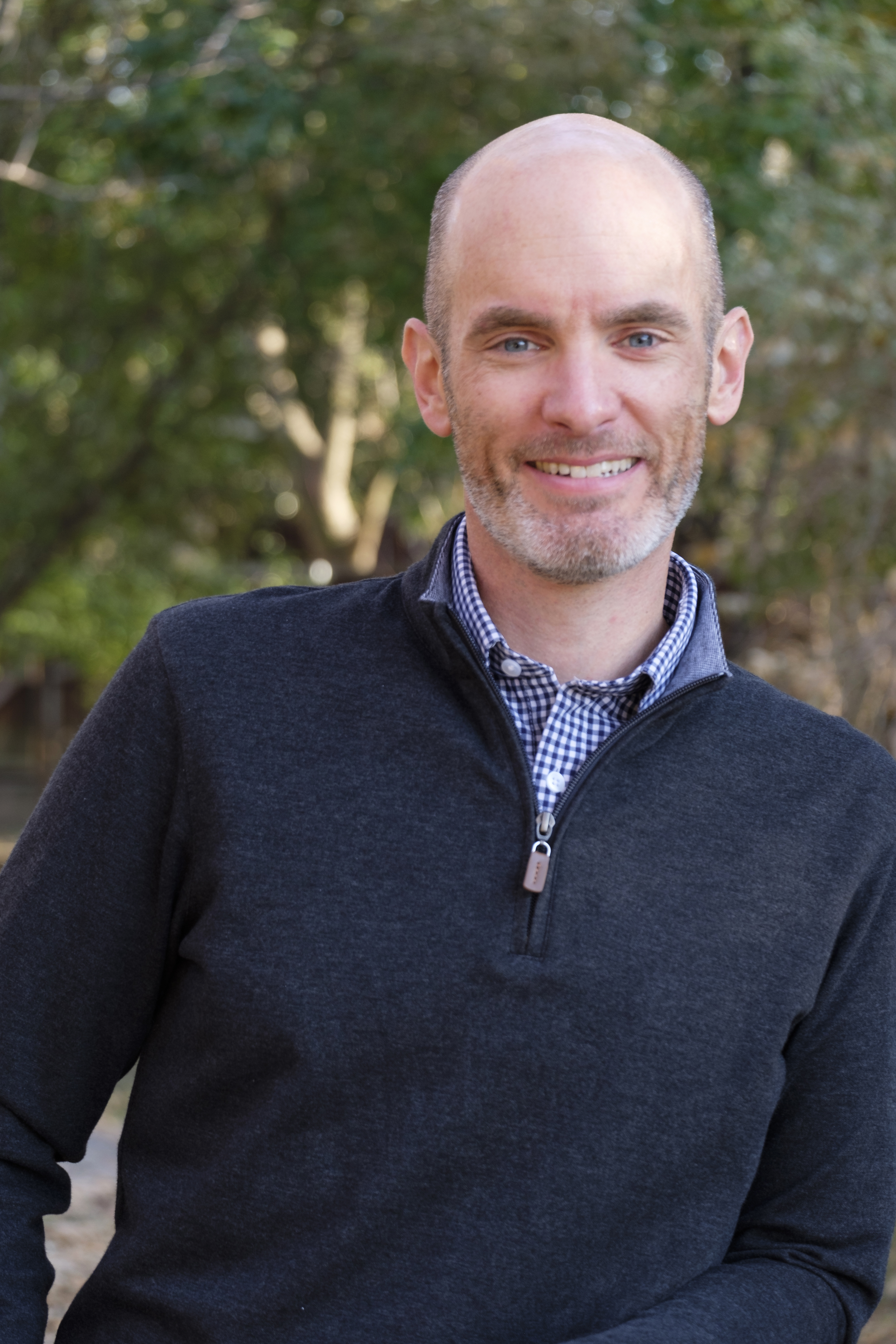
Guns, Mental Health, and Anger: A society seeks for solutions.
Our nation has once again been brought to face another tragedy after a gunman murdered 17 students and teachers at Marjory Stoneman High School in Parkland, Florida. As a society that has become all too familiar with breaking news alerts of mass shootings we desperately look for answers as to why these tragedies occur and what solutions can be found to prevent them. We all want to prevent the horrors that unfolded on that campus from happening again and we cannot let our endeavor be in vain.
In the wake of another senseless shooting gun control laws and mental illness are the two topics that have taken a prominent position in the national debate. According to a poll from ABC News, more people believe that increased mental health screening and treatment would likely have prevented the Parkland shooting over stricter gun control laws.
As a Therapist, I am in favor of increasing the accessibility of Mental Health treatment. But there is something in the way mental illness is discussed and debated that does not sit well with me. Those that suffer from mental illness are being broadly characterized as violent offenders and assigned part of the blame for these mass murders. There is a convenience with blaming mental illness that is not accurate or effective.
While violence can be expressed in some instances of mental illness, one study found that “The overall impact of mental illness as a factor in the violence that occurs in society as a whole appears to be overemphasized, possibly intensifying the stigma already surrounding psychiatric disorders.”
Another study drew this conclusion: “Since current evidence is not adequate to suggest that severe mental illness can independently predict violent behavior, public efforts are required to deal with the discriminatory attitude towards patients suffering from mental illness as potential violent offenders.”
My humble conclusion: Let’s make mental health treatment more available for everyone who needs it. And let’s resist the urge to place blame where it does not rightly belong.
“The search for a scapegoat is the easiest of all hunting expeditions.” ― Dwight D. Eisenhower
But we still must engage in the earnest pursuit of effective solutions. To that end, I appreciate Dr. Laura L. Hayes’ focus on the specific topic of how ill-equipped we have become at dealing with anger. As she points out, to address anger is to address an issue that is not only present in the occurrence of mass shootings, but also in many other areas of relationships and life.
“The attribution of violent crime to people diagnosed with mental illness is increasing stigmatization of the mentally ill while virtually no effort is being made to address the much broader cultural problem of anger management. This broader problem encompasses not just mass murders but violence toward children and spouses, rape, road rage, assault, and violent robberies. We are a culture awash in anger.” Laura L. Hayes
I do not want to make a trivial suggestion that Dr. Hayes has found the key to solving the issue of gun violence in America. However, I am much more in favor of a position that gets to personal action instead of any position that casts blame on the distant other in our society. We all can look to improve on how we respond in anger. And we may even have to come to grips with the effect our response in anger has in our homes, schools, and communities. Furthermore, anger management is a skill that can be taught and exercised in very real and practical ways.
“The truth is, anger management skills are simple techniques that can and should be taught to children and adolescents. We should not wait to teach these skills until verbally or physically violent behavior has become habitual and, often, life-threatening.” Laura L. Hayes
I believe Dr. Hayes is correct in her assertion that we need to take anger seriously. And not just a certain group of us. We all do. How do we respond to the teaching of Jesus on the dire consequences of unresolved anger in a person’s heart? “You have heard that it was said to the people long ago, ‘You shall not murder, and anyone who murders will be subject to judgment.’ But I tell you that anyone who is angry with a brother or sister will be subject to judgment.”
“Uncontrolled anger has become our No. 1 mental health issue. Though we have the understanding and the skills to treat the anger epidemic in this country, as a culture, we have been unwilling to accept the violence problem as one that belongs to each and every one of us. We have sought scapegoats in minority cultures, racial groups, and now the mentally ill. When we are ready to accept that the demon is within us all, we can begin to treat the cycle of anger and suffering.” Laura L. Hayes
Marjory Stoneman High School and Parkland, Florida, have now joined our collective lexicon of schools and communities terrorized by mass shootings. Let’s all work to prevent these tragedies from occurring again. If some of that work needs to take place in the sector of Public Policy, or in the field of healthcare, so be it. Let’s get to work. But let us not lose sight of the individual responsibility we have in this effort. A responsibility that requires us to do the work within our homes and in our hearts. In this endeavor may our words be graceful and loving and may our actions be virtuous and effective.
“Dear children, let us not love with words or speech but with actions and in truth.” 1 John 3:18




